Utter humiliation: Pogacar unintentionally drops eveyone, Martínez outsmarts faltering Thomas
Cycling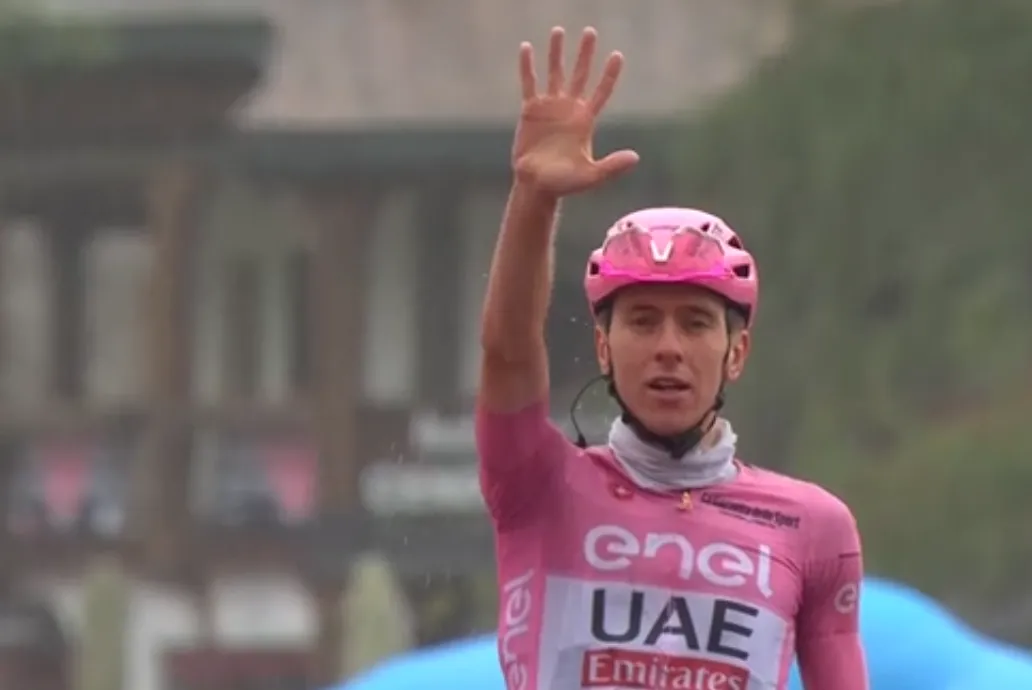
Considerable uncertainty prior to the stage, which ultimately started in the valley
Breakaway with Alaphilippe takes off to Pinei at high speed, Movistar reveals Quintana's cards
Alaphilippe goes solo, but the peloton stays on his heels
Rubio loses his last men, Bardet drops back
Everyone goes for it on Monte Pana
Results of stage 16 Giro d'Italia 2024
Results powered by FirstCycling.com
IDL-productions
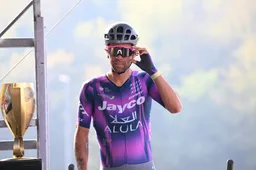
Sanremo, a world title and the yellow jersey: Michael Matthews escaped death - and that reignited his spark
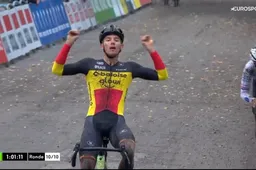
Unlike road colleagues Van der Poel or Van Aert, Nys rides twice as many cyclo-crosses: 'He doesn't want to ride only ten cyclo-crosses'
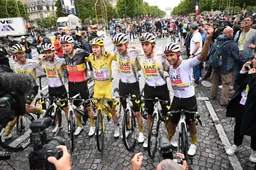
95 (or was it 97?) wins and a new record year, but losing that one race still hurts UAE Team Emirates - XRG

Former cyclocross world champion recalls wonderful memories of young Nys: "Back then we thought: that's not going to work out"

There was smoke so there was fire, but in 2026, how will Lidl-Trek make sure that fire doesn't flare up again?
Latest Cycling News
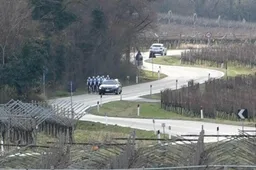
🎥 Shock in Italy as cycling team is fired upon by passing driver during training
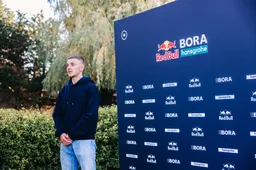
Evenepoel knows what he needs to beat Pogacar and believes he can win the Tour in 2026
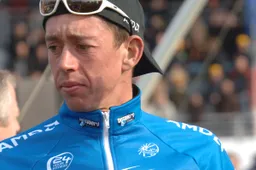
'On the way home I bought two bottles of pure vodka'; famous Belgian former rider publicly discloses alcohol addiction
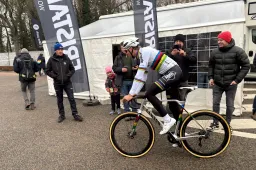
Mathieu van der Poel explains Namen-Antwerp difference through deal with trainer
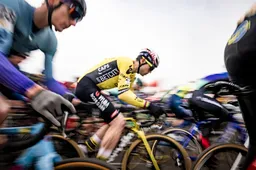
Wout van Aert is mostly 'free in his head' after return: 'I don't have those worries now'
Popular Cycling News

'On the way home I bought two bottles of pure vodka'; famous Belgian former rider publicly discloses alcohol addiction

🎥 Shock in Italy as cycling team is fired upon by passing driver during training

Mathieu van der Poel explains Namen-Antwerp difference through deal with trainer

Wout van Aert is mostly 'free in his head' after return: 'I don't have those worries now'

Evenepoel knows what he needs to beat Pogacar and believes he can win the Tour in 2026
Latest Comments
- Those events are mental rest for him. Fun, without expectations. *Sagan lost his abilities because he gained weight and got lazy. Pogi will likely retire before that has a chance at happening.Veganpotter14-12-2025
- Ah, the consequences of riding for Israel.Veganpotter11-12-2025
- Pidcock could follow everyone but Pogi while finishing 3rd. No second place rider this season😃Veganpotter16-11-2025
- Now the Palestinian protestors can stop their whining. Trump came to the rescue. So they can now STFU and go back to waving the rainbow flags.raufus15-10-2025
- Cracked the code lol. If it was that easy to 'crack the code' jonny Vegas would be charging up the Kwaremont giving Pog a dose of his medicine. Evenepoel can't match pog on a climb and neither can mvdp. Anything with a half difficult climb and Pog smashes the field. Even on flat(ish)parcours like Roubaix it came down to a mistake and crash by pog to definitively crown mvdp. MSR is the only one that Pog probably won't win.kevpt10-10-2025
- We've seen this movie before. I think Pogacar is doping.DeadBlow10-10-2025
- 👍Bea08-10-2025
- 👌🏻Bea08-10-2025
- What the data doesn't show is how much of an effect drafting had for evenepoel. Pogacar went with del toro at 100km whilst Evenepoel was still in the bunch. Despite the bike changes he still had a lot of assistance getting back to the bunch. Pogacar then rode 60km solo whilst evenepoel rode with Healy/Skjelmose until going solo in thd last 10-15km. Thats ~20% less power / energy requirements for 45-50km. Apples and oranges...kevpt30-09-2025
- 👏👏Bea24-09-2025
Loading